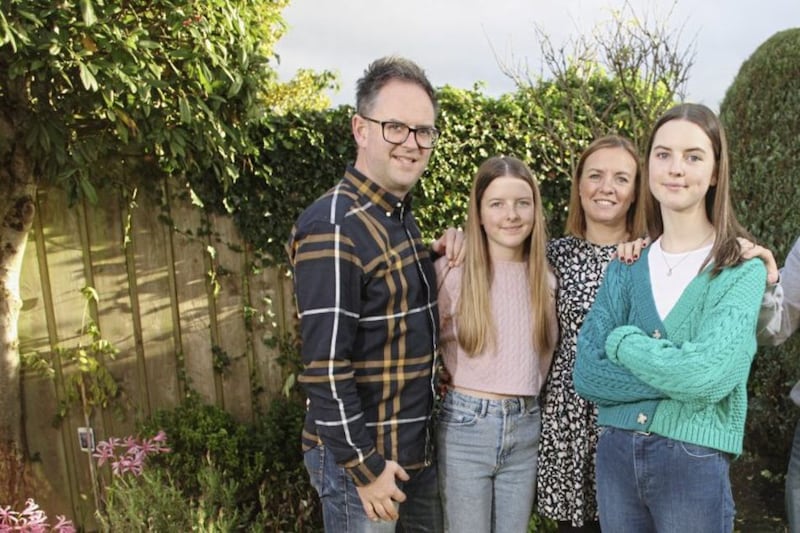THE number of heart patients taking up life-saving after-care in Northern Ireland has fallen, according to new research.
The British Heart Foundation NI said it was "worrying" that participation in cardiac rehabilitation had dropped by two per cent over the last year with just 39 per cent of eligible patients taking part in the programmes.
The charity said the rehabilitation "can be the difference between life and death" and is a vital service for people following a heart attack, coronary angioplasty and heart surgery as well as those with angina or heart failure.
Apart from its mortality reducing effect, cardiac rehab is also one of the most cost effective interventions in cardiology.
Programmes aim to help patients understand their condition and recover from surgery by providing lifestyle advice to improve physical and psychological health.
The figures, published in the charity’s National Audit of Cardiac Rehabilitation, also reveal a marked difference between the number of men and women accessing rehab services, with females less likely to attend.
According to the report, women are less likely to improve their physical fitness and meet target levels for cholesterol and alcohol intake following rehab.
It also highlights evidence from clinical trials suggesting cardiac rehab can be delivered successfully through different approaches focused around the person rather than the service, such as digital or home-based programmes.
BHF NI believes that offering such a solution will increase the number of people entering cardiac rehab, in particular women and people from deprived and ethnic minority backgrounds.
Patrick Doherty, professor of cardiovascular health and lead author for the report, said the figures "should be of concern to all heart patients, regardless of gender".
"Cardiac rehabilitation can be the difference between life and death," he said.
"It could be the difference between your wife, mother, sister or daughter living a fulfilled life or struggling from the after-effects of a heart attack.
"It’s clear that cardiac rehabilitation is a highly effective intervention but we need to ensure it works for everyone."
Karen McCammon from BHF NI said it was "worrying that an increased number of heart attack patients here are still missing out on this effective service".
"Cardiac rehabilitation services across Northern Ireland are led by dedicated staff who can support heart attack patients regain their physical and emotional health after a cardiac event," she said.
"It is vital all patients are accessing this important service."








